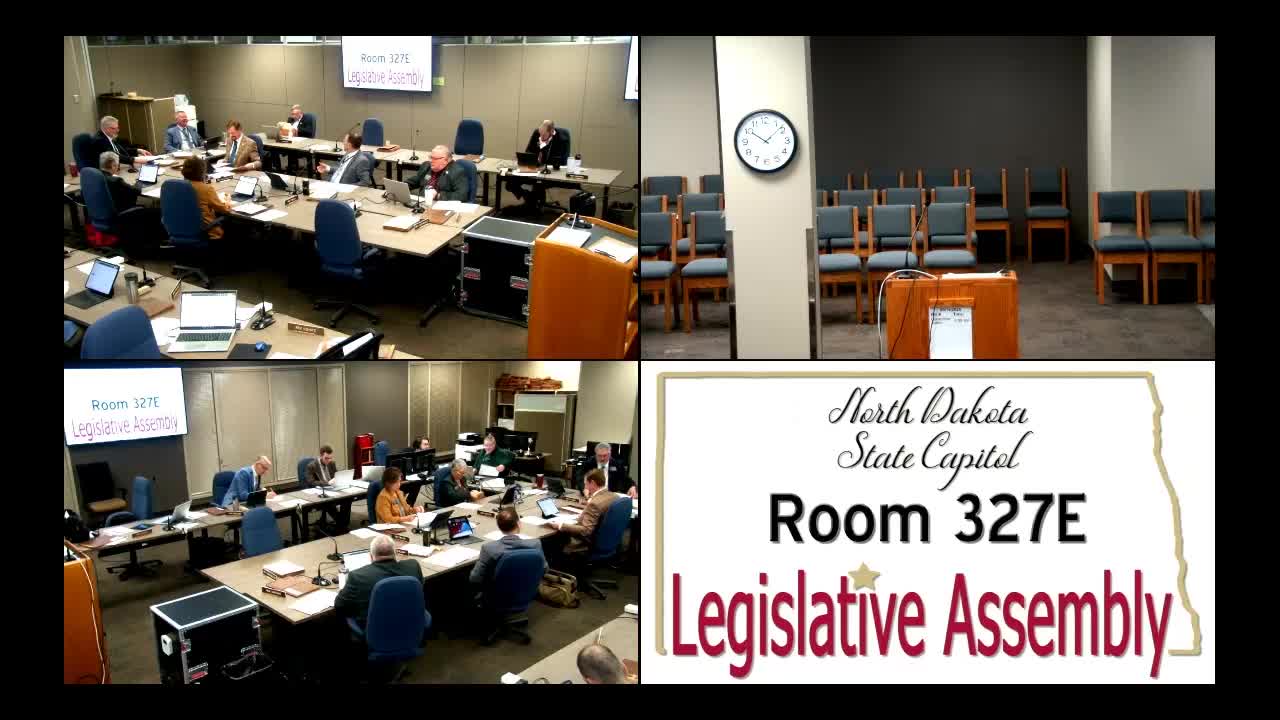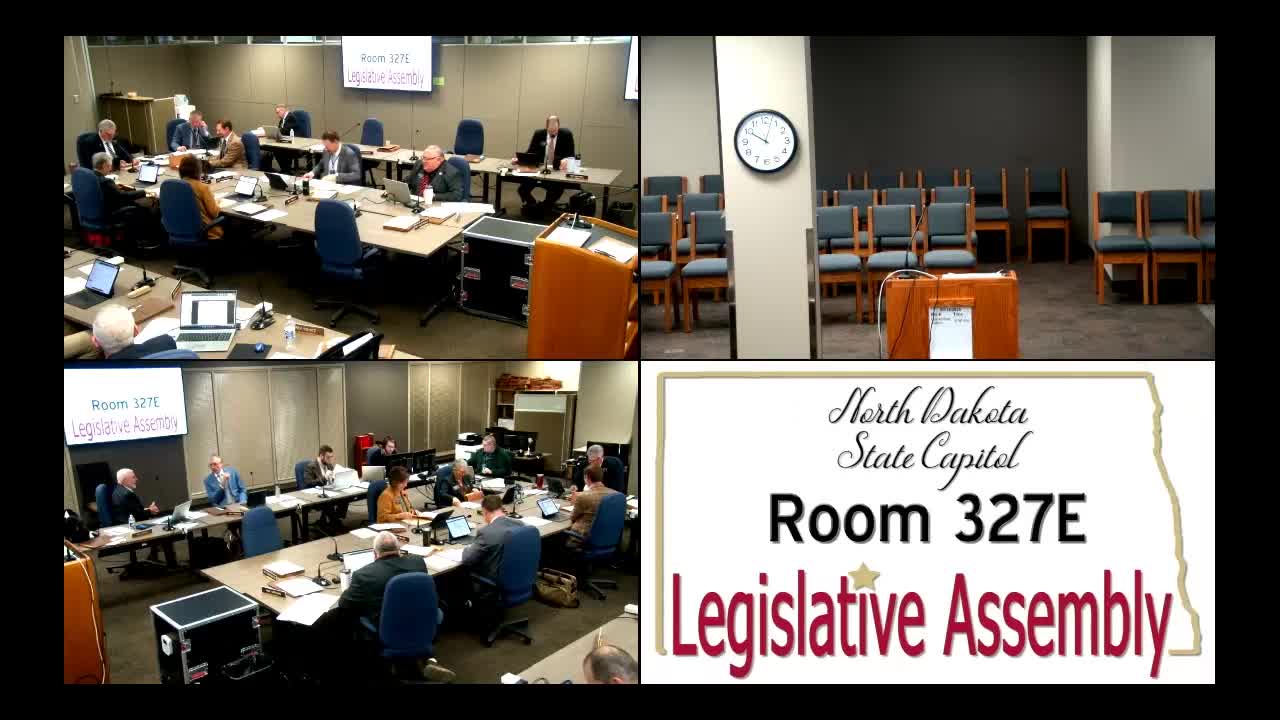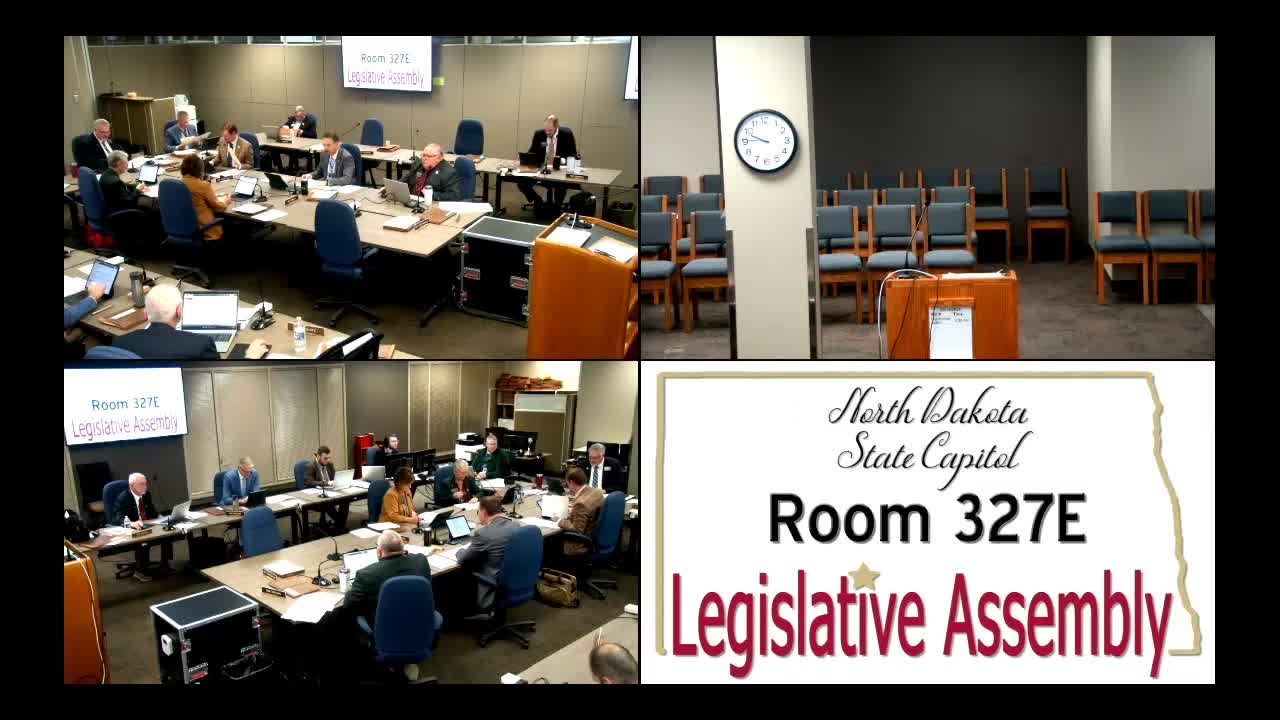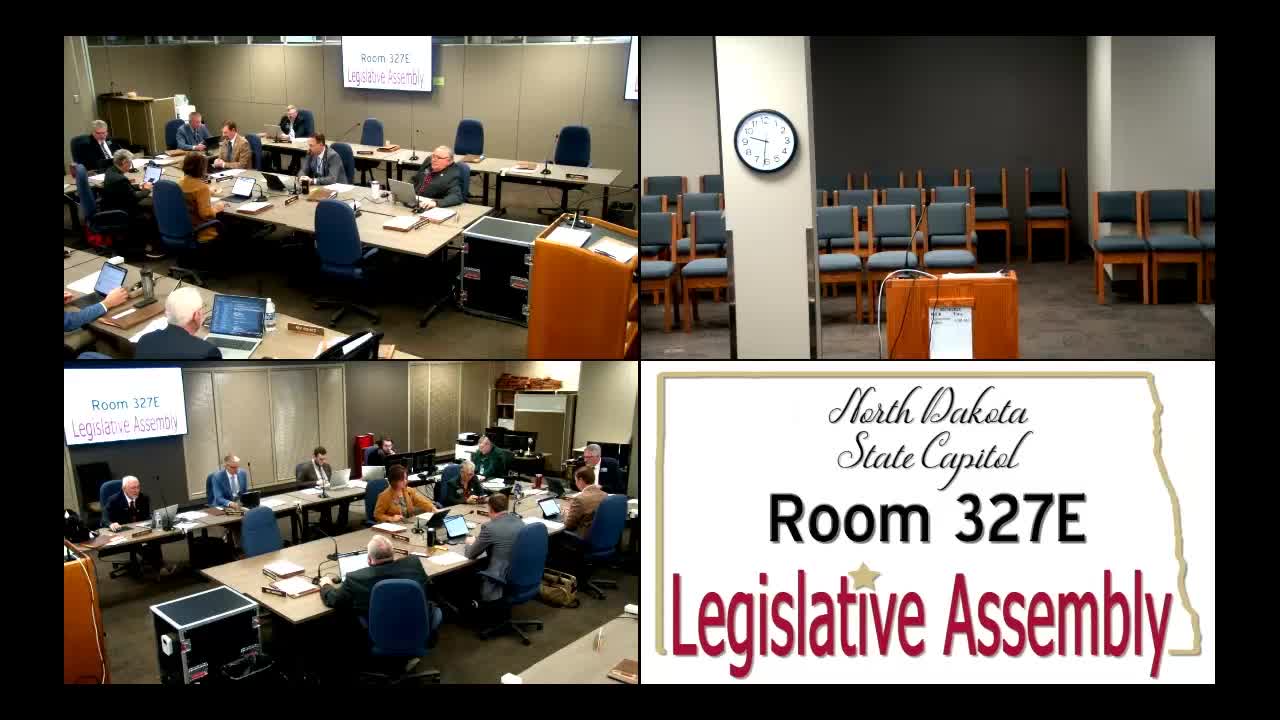Article not found
This article is no longer available. But don't worry—we've gathered other articles that discuss the same topic.

Committee divided over large increases to driver’s-license and ID fees; do-not-pass motion brought but not adopted

Committee advances amended title/ownership affidavit bill after DOT review

Committee amends engine-brake bill to target commercial vehicles and allow local posting

